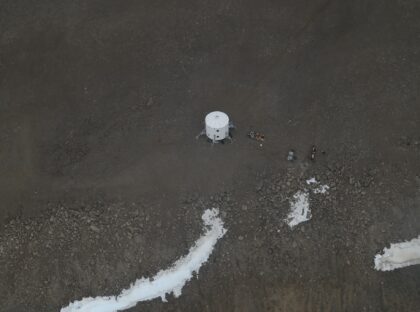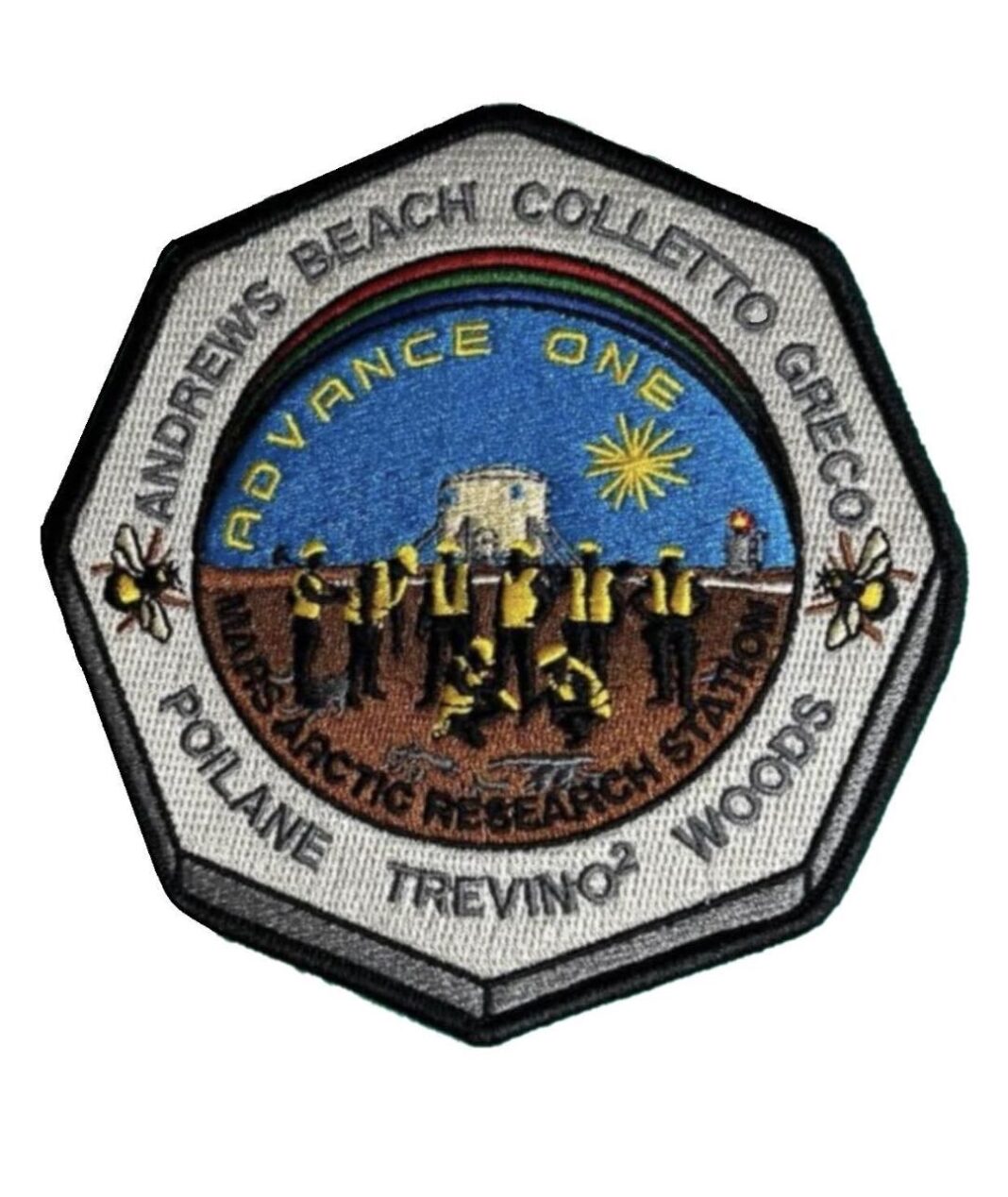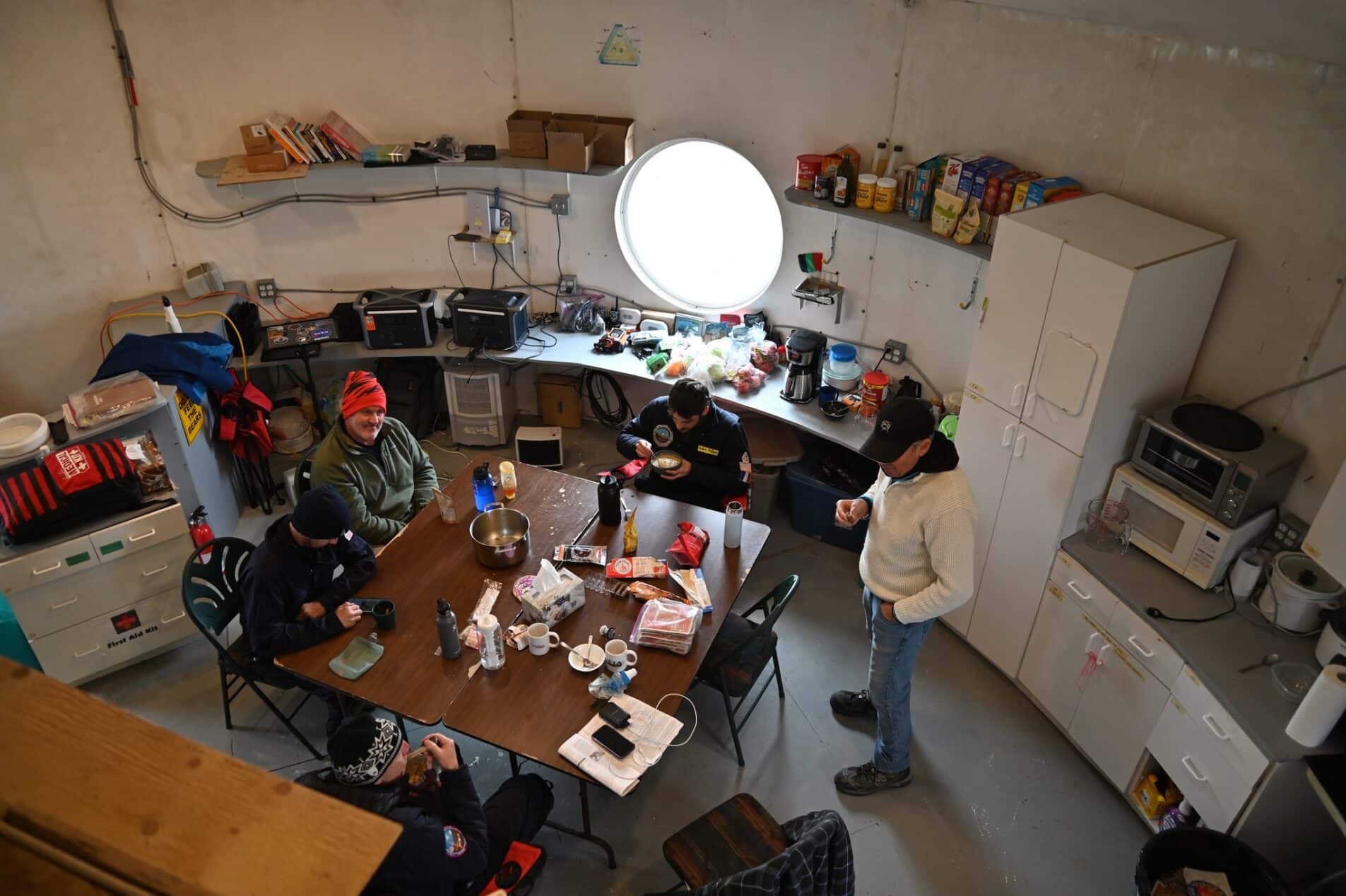
We just wrapped up an unforgettable week at the Mars Society’s Flashline Mars Arctic Research Station on Devon Island in Nunavut Territory, 900 miles from the North Pole—one of the most Mars-like places on Earth. As part of the 2025 Advance One Crew, our mission was to bring the station back online after a long Arctic winter and get it ready for the arrival of Crews 17 and 18, which will be conducting analog simulations at Flashline later this summer.

It was a tough but rewarding assignment. With temperatures often dipping below -50°C during the winter, the station needed serious attention. Over the course of the week, our team tackled a wide range of repairs and upgrades—everything from power systems and water infrastructure to mobility and communications.
We installed a new 32-gallon header tank, a 6-gallon water heater, and a boost pump switch to ensure the water system is reliable for incoming crews. On the power side, we brought in one diesel and two gas generators, performed maintenance, and installed wiring for baseboard heaters to help keep the habitat warm and operational.
Mobility was another focus: we got four ATVs back into running condition and prepped a fifth for a rear brake installation. We also delivered fresh fuel, repaired the eco-drain, and reinforced spill containment systems to ensure safe and sustainable operations going forward.

In addition, we cleared out old fuel and pee barrels (yes, really), broken equipment, outdated electronics, and other waste from around the site. The cleanup was long overdue, and it felt great to leave the area better than we found it.
One of the unexpected highlights? Jim Colletto, one of our crew engineers (and a licensed ham radio operator), spent eight hours on the air and made 323 contacts across 44 countries and five continents. A fun and meaningful reminder of how even in the remote Arctic, you can still connect with planet Earth.
At the end of the mission, we performed a soft shutdown of the station—sealing the habitat and staging everything for the next crews. It was a fitting close to a week of intense, hands-on work that combined engineering, logistics, teamwork, and good old-fashioned problem-solving.
We’re proud of what we accomplished and grateful to have been part of this effort to maintain and strengthen one of the world’s most iconic Mars analog research stations. Huge thanks to our crew members: Andrew Greco (Commander & Chief Engineer), Terry Trevino (Crew Engineer & Acting Station Director), and engineers Aubry Poilane, Matthias Beach, Jim Colletto, and Ciarán Trevino. Couldn’t have asked for a better team.
The station is ready. Bring on Crews 17 and 18!
Summary by Terry Trevino (Member, Flashline Advance One Crew)